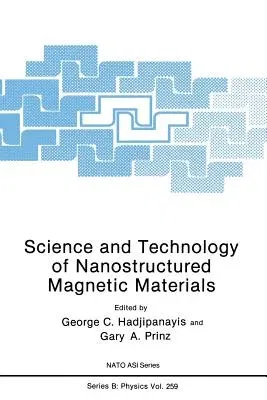Science and Technology of Nanostructured Magnetic Materials (Softcover Reprint of the Original 1st 1991)Paperback - Softcover Reprint of the Original 1st 1991, 16 June 2013

Qty
1
Turbo
Ships in 2 - 3 days
In Stock
Free Delivery
Cash on Delivery
15 Days
Free Returns
Secure Checkout
Part of Series
NATO Science Series B:
Part of Series
NATO Science Series B: (Closed)
Print Length
720 pages
Language
English
Publisher
Springer
Date Published
16 Jun 2013
ISBN-10
1489925929
ISBN-13
9781489925923
Description
Product Details
Book Edition:
Softcover Reprint of the Original 1st 1991
Book Format:
Paperback
Country of Origin:
NL
Date Published:
16 June 2013
Dimensions:
23.39 x
15.6 x
3.73 cm
ISBN-10:
1489925929
ISBN-13:
9781489925923
Language:
English
Location:
New York, NY
Pages:
720
Publisher:
Weight:
1011.51 gm

